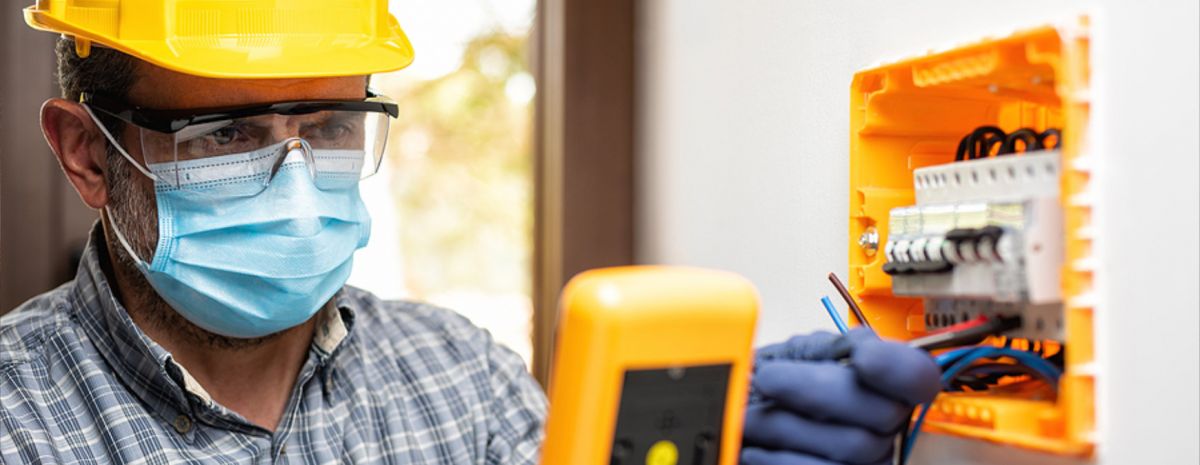Electricians are a key part of our modern world. They ensure that everything runs smoothly by providing services such as air conditioning, heating, lighting, and many others. They do their jobs by installing and repairing electrical equipment such as transformers, power supplies, and circuits. These electrical technicians are usually classified into two groups namely primary electrical engineers and secondary electrical engineers. This article will provide information about the various qualifications and licenses available for electricians.
An electrician is basically a tradesman specializing in electrical engineering of residential buildings, electrical transmission lines, machines, and other related equipment. Electricians can also be employed in the maintenance and repair of old electrical infrastructure or the installation and construction of new electric-based systems. Electricians work on large sites that include power plants, factories, hotels, office buildings, and several other establishments. Some of the tasks electricians perform include installation and maintenance of transformers, circuit breakers, generators, motors, and more. There are various types of electricians, each having different responsibilities and qualifications.
All electricians need to undergo formal education; however, there are certain specialty areas where electricians with specific training can be selected. These include safety electricians, commercial electricians, electrical engineers, load examiners, and more. Electricians who want to work in residential and commercial buildings need to obtain a license from their local jurisdiction. In most states, an electrician must pass both a state and federal exam in order to be issued a license.
Electricians can obtain different types of certifications. One of these certifications is the Institute of Electrician Education (IEE) certification. The program focuses on different types of electricians’ duties and responsibilities. The program has been created by IEE to help electricians learn and master the skills necessary for them to become successful in the job market. This program also ensures that electricians acquire a thorough understanding of electricity. Since this type of certification is not accredited by the International Labor Organization, this kind of certification does not guarantee electricians a good job.
In addition to the IEE, electricians may also receive other certifications such as the National Association of Electrical Contractors (NACE) certification. Unlike the IEE certification, the NACE has requirements that must be met before an electricians can work in different types of buildings. These requirements include the application of electrical codes, ethical standards, and workers compensation standards.
The NACE certification requires electricians to work in a variety of building settings including office buildings and private residences. Electricians who work for NACE must complete an approved training program and complete a test in order to work. Applicants can take the test online or through local materials. Once hired, the electrician will receive a number of electrician tools that they use in their workplace including adjustable electric sockets, connection and ground fault current detectors, multiamps and voltage monitoring equipment.
Artisan Electrical provides a comprehensive range of electrical services that cover all facets of building maintenance and construction. Get in touch with electricians Richmond for a free quote.

